Category: 401k
-
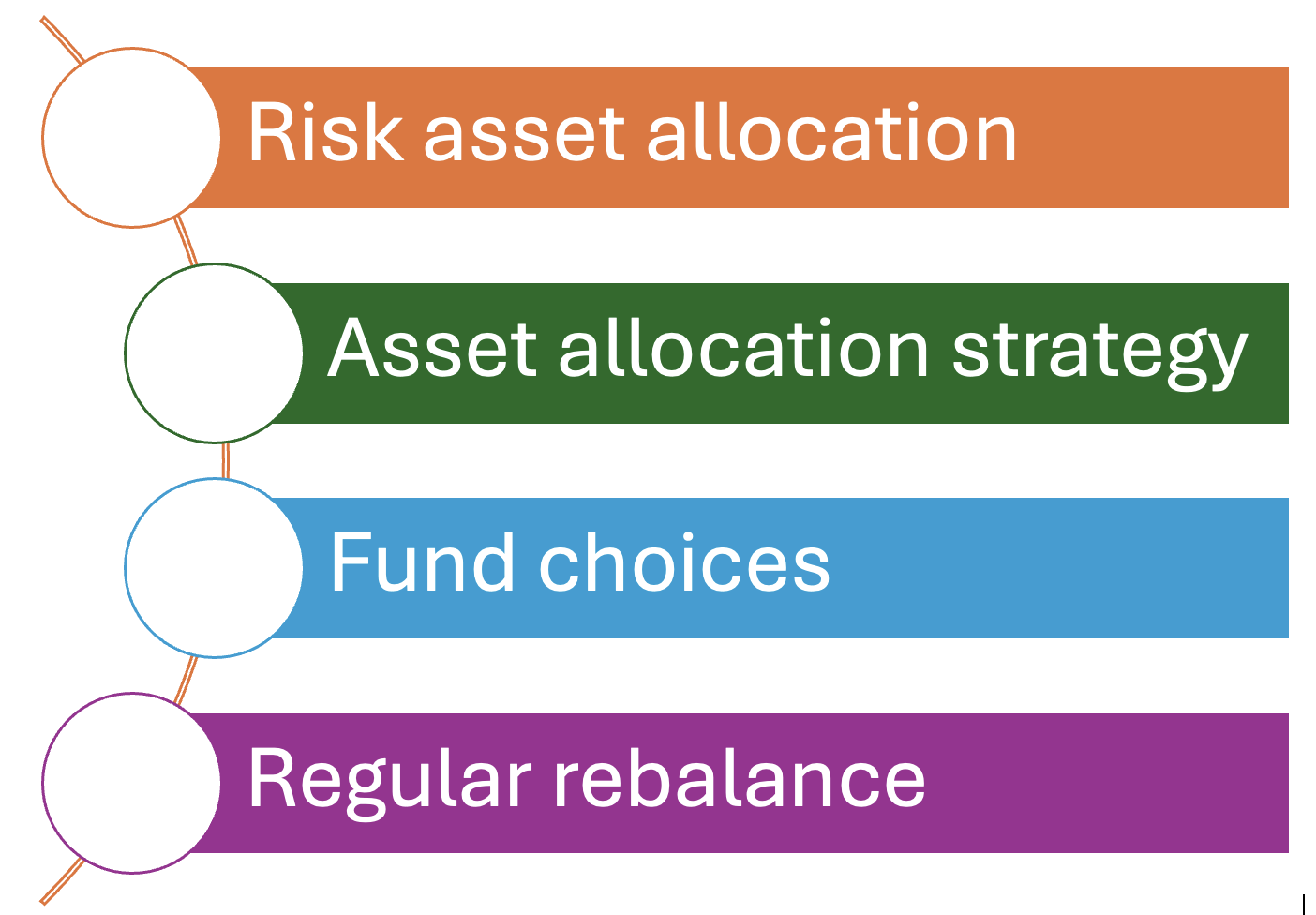
Four-Step Guide for 401(k) Retirement Investing
Navigating the complex world of 401(k) retirement investing can be daunting, especially when faced with many investment options. However, by following these four simple steps, you can strategically plan your investments and maximize your returns. Let’s delve into each step to ensure you make informed decisions for a secure financial future. Step 1: Decide your…
-
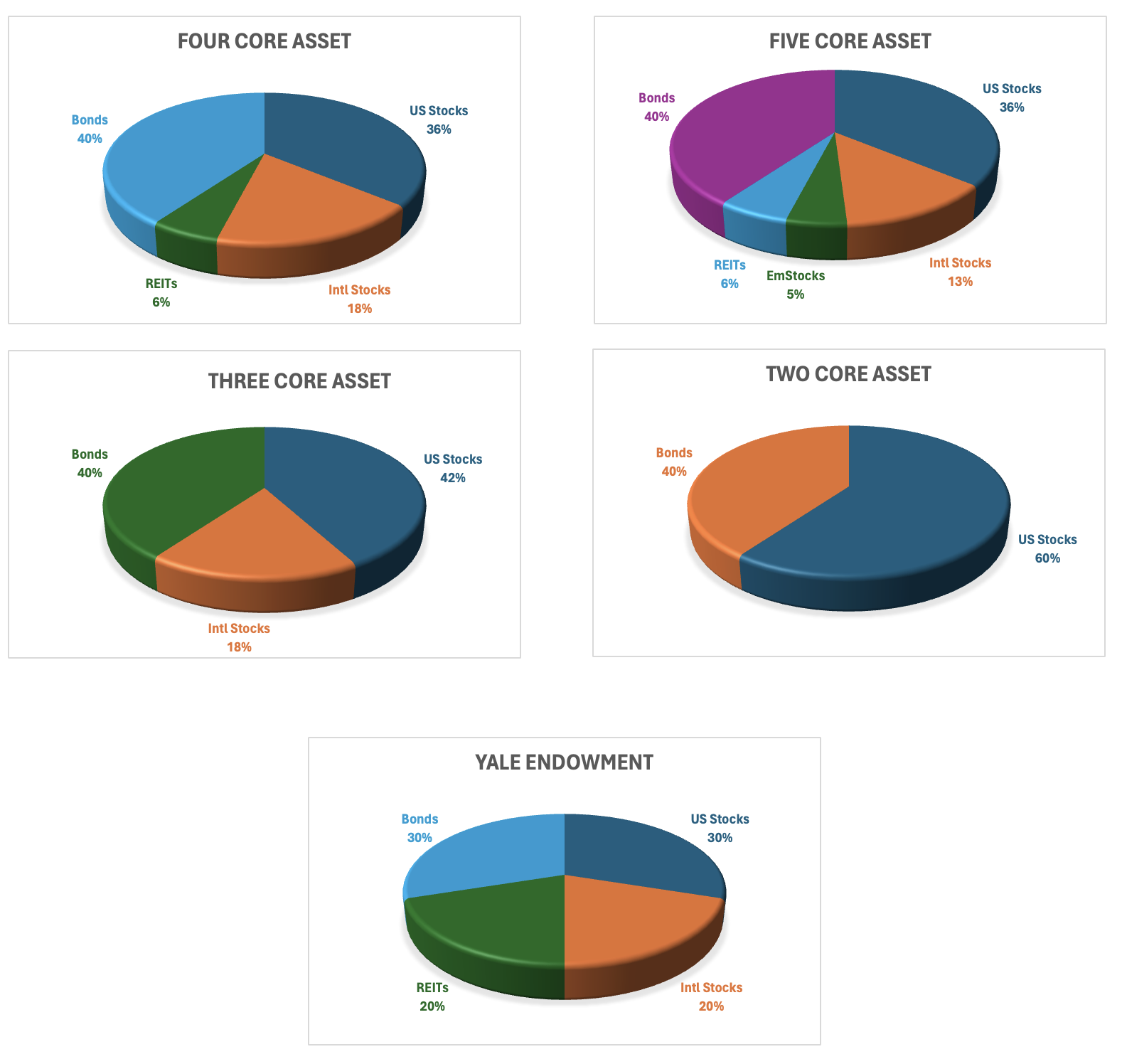
Asset Allocation Portfolio Templates for 401(k) Investments
The following asset allocation portfolio templates are derived from renowned lazy portfolios. Depending on the available asset classes encompassed by the investment options in your plan, you select a template portfolio and then meticulously adjust risk asset allocation based on the risk profile determined for the account. Major core assets Generally, investment options in a…
-

401(k) vs Indexed Universal Life Insurance (IUL): The Pros And Cons
401(k) is the most popular and simple retirement vehicle while indexed universal life insurance provides some assurance with the expense of complexity and cost.
-

Getting a 401(k) Loan: Why, How, and What to Watch Out For
We discuss several factors one should watch out when getting a 401(k) loan.
-
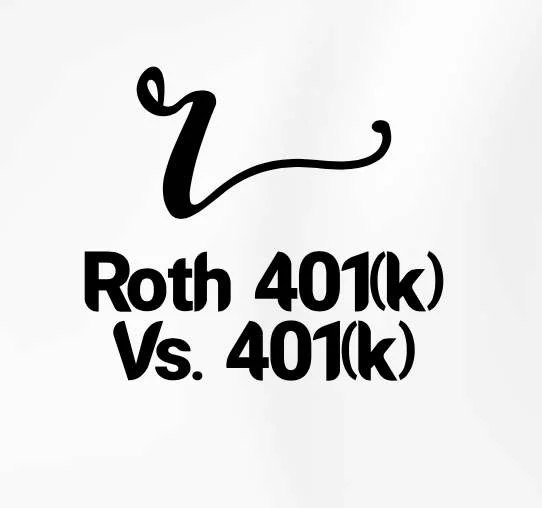
No Income Limit in Roth 401(k): A Compelling Tax-Free Retirement Investment
Roth 401(K) and Traditional 401(K) have no income limit and any one can contribute, unlike Roth IRA. However, there is an annual combined 401(k), Roth 401(k), 403(b) contribution limit.
-

401(k) vs Annuity: Beware of Fees And Income Stability
Fees and income stability are two factors to consider when choosing 401(k) and an annuity.
-
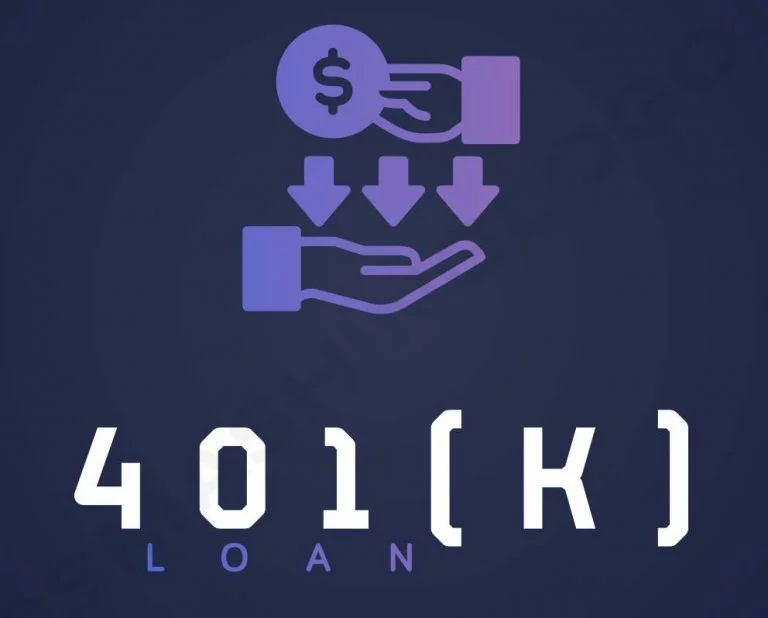
What Happens If You Default on Your 401(k) Loan?
Default on a 401(k) loan has several consequences including your savings, tax, penalties etc.
-

Will Default on 401(k) Loan Impact Your Credit Score?
Yes, defaulting on a 401(k) loan does impact your credit score.
-

Use Your 401(k) Withdrawal or Loan to Buy a House?
Withdrawal or loan from a 401(k) could be considered an option only if there is a necessity or a unique investment opportunity.
-
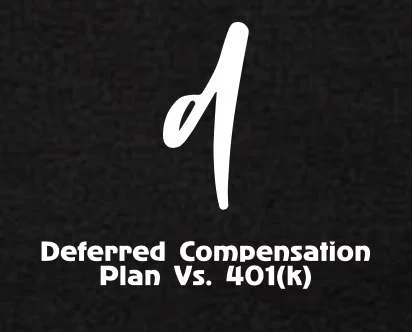
Deferred Compensation Plans vs. 401(k) Retirement Accounts: Understand the Key Differences
Deferred compensation plans are designed for highly compensated employees, executives, or key personnel within an organization. They are liabilities from employers.
